

Brain development is directly related to cognitive development which describes how a child’s intellect grows and includes thinking, learning and problem-solving skills. The following article provides information on the fundamental cognitive milestones of brain development (6 months to 2 years), nature or nurture in brain development, the importance of nutrition in brain development and activities to promote brain development.
It is not uncommon for educators to confide that transitions tend to be the most difficult time in a typical ECEC day. At such times children often display or increase the intensity of challenging behaviours like non-compliance, aggression, biting, and so on. The following provides strategies for dealing with toddler and preschooler's difficult behaviour during transitions.
In almost 20 years, the Center for Disease Control and Prevention (CDC) and the American Academy of Pediatrics (AAP) have updated guidelines for developmental milestones for children. It has been said that earlier the milestones were depicted with 50 per cent accuracy which means there are 50 per cent chances a child may not follow the developmental milestone such as crawling, walking, making sounds, recognising a face, start smiling at a familiar face, etc. Now CDC has updated the milestone with 75 per cent accuracy which helps to track a child's growth against the developmental checklists.
To be familiar with nature, to spend some time amid nature, talking, thinking about trees, grasses, pebbles, climates, small insects, ground warm enhance the resilience and self-esteem of a child.
One of the most important concepts we can introduce to children is road safety. Road safety awareness can help to reduce the risk of serious injury among young children by assisting them to develop skills, knowledge and behaviour about the safe use of roads. The following article provides information on Road Safety Skills For Children, Teaching Children About Road Safety Rules, Fun Road Safety Experiences For Children, Road Safety Songs and Rhymes and more.
John Dewey is often seen as the proponent of learning by doing – rather than learning by passively receiving. He believed that each child was active, inquisitive and wanted to explore. He believed that children need to interact with other people, and work both alone and cooperatively with their peers and adults. The following provides information about John Dewey, Definition Of The Curriculum, Main Features Of Dewy's Theory of Education, Progressive Education and Dewey's Theories In Practice.
As Educators when communicating with Parents (through verbal or non-verbal communication), there will be times where we need to discuss issues or concerns that may arise. During this time, we may use negatives to describe the child's behavioural or personality traits (weaknesses) that they may be displaying. However, these weaknesses are hidden strengths, forming the chid's unique personality and abilities.
There are 6 different types of play that children participate in over the course of their development.
Gardner proposed a theory of multiple intelligences that suggests there is more than one intelligence – He considers children and adults to be individuals who all have skills and areas that we enjoy and excel at and that these fit into our major intelligence.
Piaget discovered that all children’s cognitive development progressed through four stages, beginning in infancy and are completed by adolescence. Thinking becomes more and more complex as the child ages. Each stage of thinking causes the child to see the world in a different way.
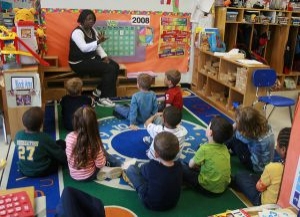 Working as a childcare professional can be a challenge especially when dealing with behavioural problems which may arise. The techniques we use when dealing with… Read More
Working as a childcare professional can be a challenge especially when dealing with behavioural problems which may arise. The techniques we use when dealing with… Read More
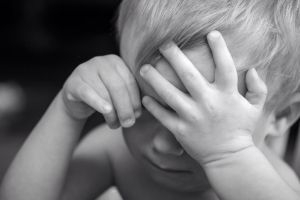 There are different types of behaviour that children can display and sometimes it can be hard to manage, especially if a child is having behavioural… Read More
There are different types of behaviour that children can display and sometimes it can be hard to manage, especially if a child is having behavioural… Read More
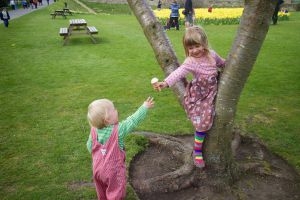 As a parent, your behavioural expectations of your child can be higher than what is actually developmentally appropriate for your child's age.
Read More
As a parent, your behavioural expectations of your child can be higher than what is actually developmentally appropriate for your child's age.
Read More
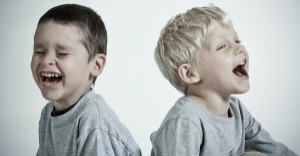 As Educators, there will be many instances where you will need to write about a child's behaviour. For a behaviour management plan, assessments, half-yearly or… Read More
As Educators, there will be many instances where you will need to write about a child's behaviour. For a behaviour management plan, assessments, half-yearly or… Read More
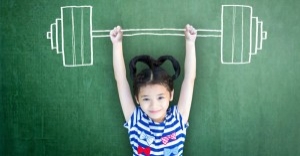 As Educators when communicating with Parents (through verbal or non-verbal communication), there will be times where we need to discuss issues or concerns that may… Read More
As Educators when communicating with Parents (through verbal or non-verbal communication), there will be times where we need to discuss issues or concerns that may… Read More
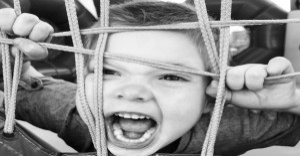 Challenging Behaviour is when a child does something that hurts themselves and/or other people.
Read More
Challenging Behaviour is when a child does something that hurts themselves and/or other people.
Read More
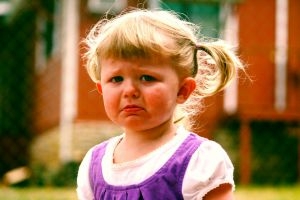 As part of your child's development it is normal for your child to have anxiety and fears. A baby commonly shows a fearful sign to… Read More
As part of your child's development it is normal for your child to have anxiety and fears. A baby commonly shows a fearful sign to… Read More
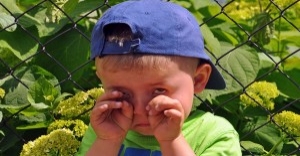 It's always difficult to bring up behavioural issues with parents, it can be nerve wrecking to tell a parent that their child misbehaves but that… Read More
It's always difficult to bring up behavioural issues with parents, it can be nerve wrecking to tell a parent that their child misbehaves but that… Read More
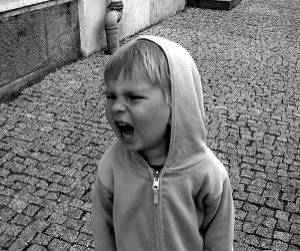 All children deal with anger on a daily basis. Thinking about it as a child, there is a lot to be angry about. Elder people… Read More
All children deal with anger on a daily basis. Thinking about it as a child, there is a lot to be angry about. Elder people… Read More
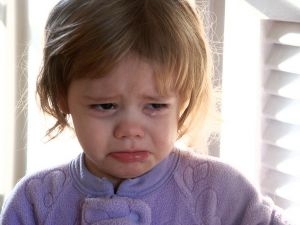 It is important to understand that your child behaviour problems could not just be from attention seeking. There are many factors to take into consideration… Read More
It is important to understand that your child behaviour problems could not just be from attention seeking. There are many factors to take into consideration… Read More
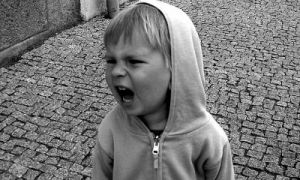
All children deal with anger on a daily basis. Thinking about it as a child...
See more...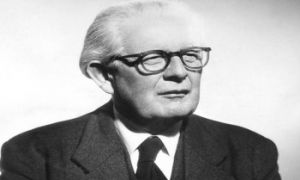
Piaget discovered that all children’s cognitive development progressed through four stages, beginning in infancy and...
See more...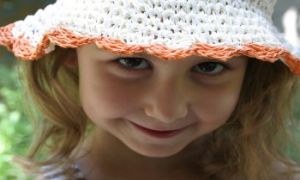
Logical consequences happen as a result of the child's own actions and from choices they...
See more...© 2009-2025 Aussie Childcare Network Pty Ltd. All Rights Reserved.

